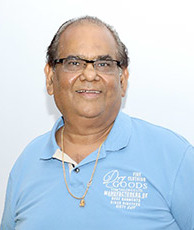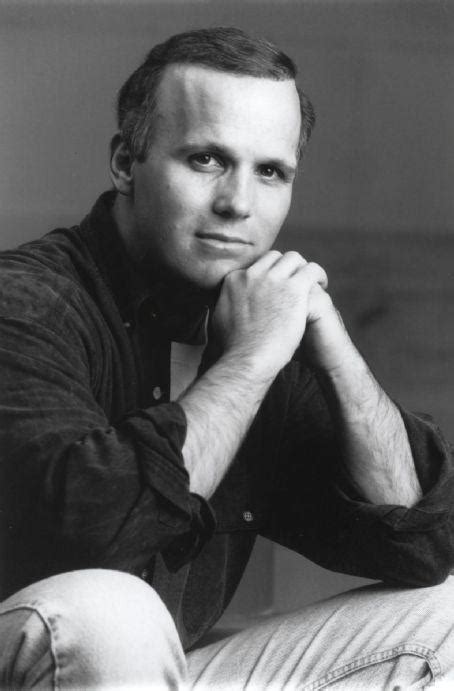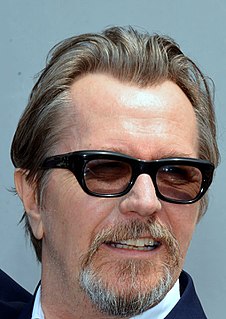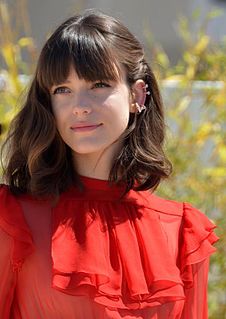A Quote by Larry Mullen, Jr.
I don't know what I'm qualified to do, film-wise... So it's really down to a director or a casting director to find something that they think I could do.
Related Quotes
[Sylvester] Stallone and I were in a meeting for Rocky Balboa. We were laughing about something, and he looks at my mouth and says to the casting director, "Wow, your lip even hooks down like mine does." Then he looked at the casting director and nodded, and I guess that was the nod of saying, "Hire this kid." So yeah, I have a really crooked mouth. They don't work, but I can feel everything.
Before writing a single note of music, and even before the spotting session, I find it best to sit down with the director and just listen to him or her talk about the film - what they're trying to say, what they want the audience to understand or believe, and a thousand other similar questions. The director has most likely been living with the film for years before a composer is attached, and so the director's inclinations, desires, and understanding of the film are paramount.
With a director it's all about the work; I'd work with a great director over - you know, I'm not the kind of actor who that doesn't go, 'I want to play this role.' It's more like, 'I want to work with this director,' regardless of what the role is because if it's a good director, you'll probably find a good role because it's a decent film. But a mediocre director will always make a mediocre movie.
Film is such a director's medium; you're really in their hands in terms of the real storytelling. As an actor, you can give a performance moment to moment and some of your takes will be used and some of them won't. I think there are great films you can make with bad performances, and vice versa. There are all combinations of those things. It's really down to the director what happens, I think, so that's why it's really good to work with very talented, bold directors.
Film’s thought of as a director’s medium because the director creates the end product that appears on the screen. It’s that stupid auteur theory again, that the director is the author of the film. But what does the director shoot-the telephone book? Writers became much more important when sound came in, but they’ve had to put up a valiant fight to get the credit they deserve.
Your actors need to trust you as a director, but normally, I think you just need to have an open communication between the actors and the director. I think the director needs to really paint his or her vision to the cast and let them know the kind of mood that he or she is making. I think that's very important.
I was modeling while I was in university and my agency said, 'There's this fashion campaign, can you go?' And I didn't want to; I told him I wanted to focus on my acting, but I ended up going, kind of dragging my feet, and it turns out, the casting director for it was the casting director for Lars von Trier's new movie.
A strong film director does leave you to your devices. A strong director allows you to be free and you trust that he's there and he will tell you if you've gone too far. A strong director allows you to be much more experimental and take greater chances than a director who isn't secure within himself.




































